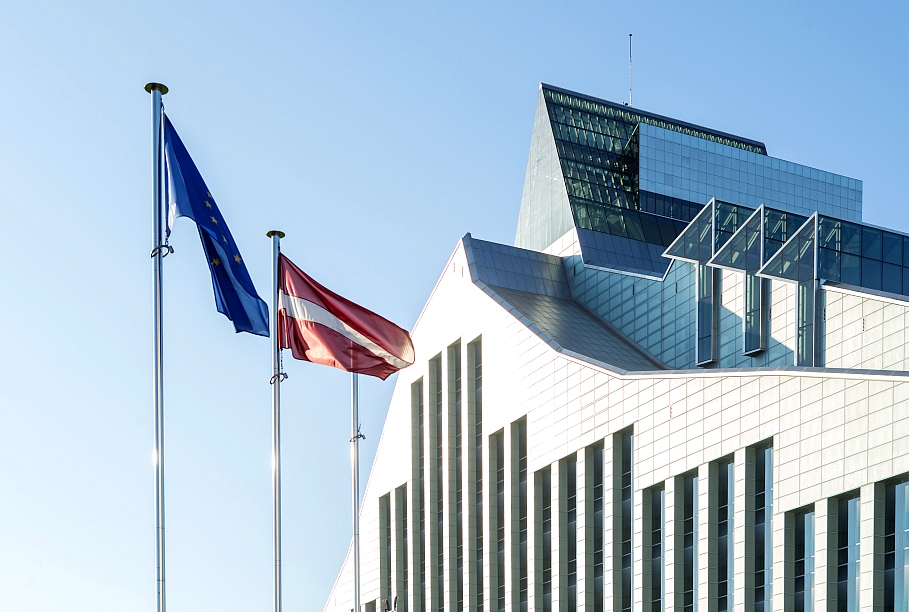The conference titled "HOW TO IMPROVE INTRA-EUROPEAN MOBILITY AND CIRCULAR MIGRATION? Fostering Diaspora Engagement" took place at the Latvian National Library May 11-12 and issued five main recommendations from its European experts, the most eye-catching of which was a request that 2017 be designated "European Year of Mobile Citizens".
Here are summaries of the five recommendations:
"The first area of action concerns the quality of data on intra-EU migration flows.
Without timely, regular, and precise data the true impact of migration will not be possible to determine making any forecasting close to impossible. It is strongly advised to establish common standards for probing the relevant data across the EU."
"The second area of actions should involve combating scaremongering about free movement and migration.
The national debate in many countries has increasingly focussed on the negative rather than the positive prospects of intra-EU mobility. In this debate, the macro-economic and fiscal effects of intra-EU labour migration for both sending and receiving countries, and the barriers to intra-EU mobility, are ignored as well as the fact that the benefits of labour mobility may outweigh the costs. European institutions are invited to designate year 2017 as the European Year of Mobile Citizens.
"The third area of action is related to mitigating negative externalities of migration.
Free movement of people, although apparently the EU’s most popular achievement, is being contested to an increasing extent. Whilst overall free movement is a win-win situation for countries of origin, host countries, and European migrants themselves, there are inevitable failures and local problems because of its uneven spread. There should now be emphasis on giving cities and local authorities more power and resources to manage effectively the impact of free movement of people, where there is an impact in selective regions.
"The fourth area of action should deal with foreign language proficiency and information asymmetry on employment opportunities in other EU Member States.
Foreign (and also native) language proficiency by mobile people and members of their families is an area which has not received proper attention so far, although it has been identified as a major obstacle to greater mobility."
The fifth area of action comes to more solidarity among the EU Member States.
The skilled and talented European citizens are a common asset, therefore the costs of nurturing the next generation of skilled and talented labour has to be treated among the EU Member States as a shared responsibility. The less populous countries from the 6 Central and Eastern Europe cannot subsidise for long their richest Western partners in terms of supply of human resources. A European approach should be advanced for a better development of relevant skills, in particular for innovation and the digital society, for better anticipation of the labour market needs, and for a better sharing of the burden and of the benefits from mobility between Member States."




























